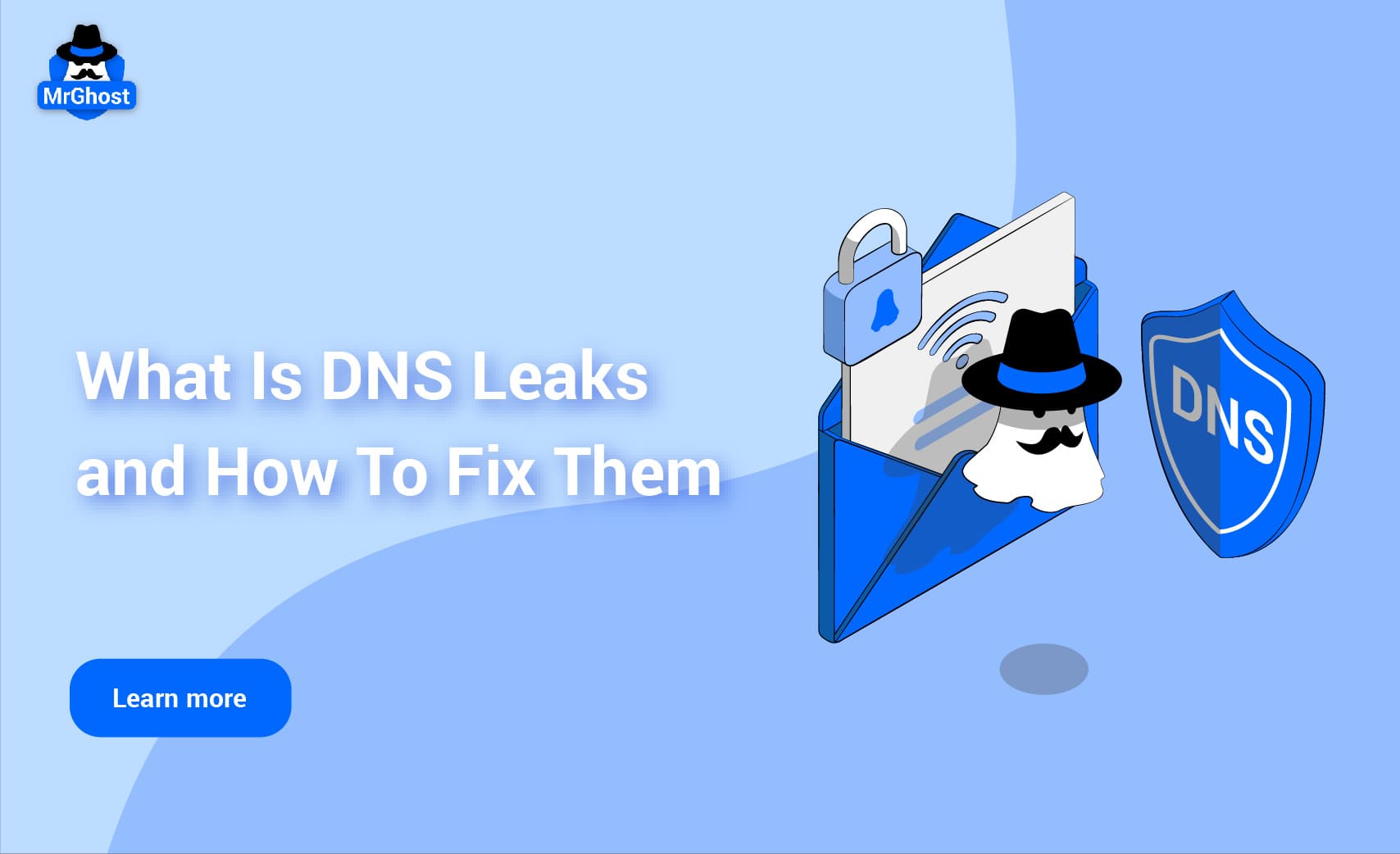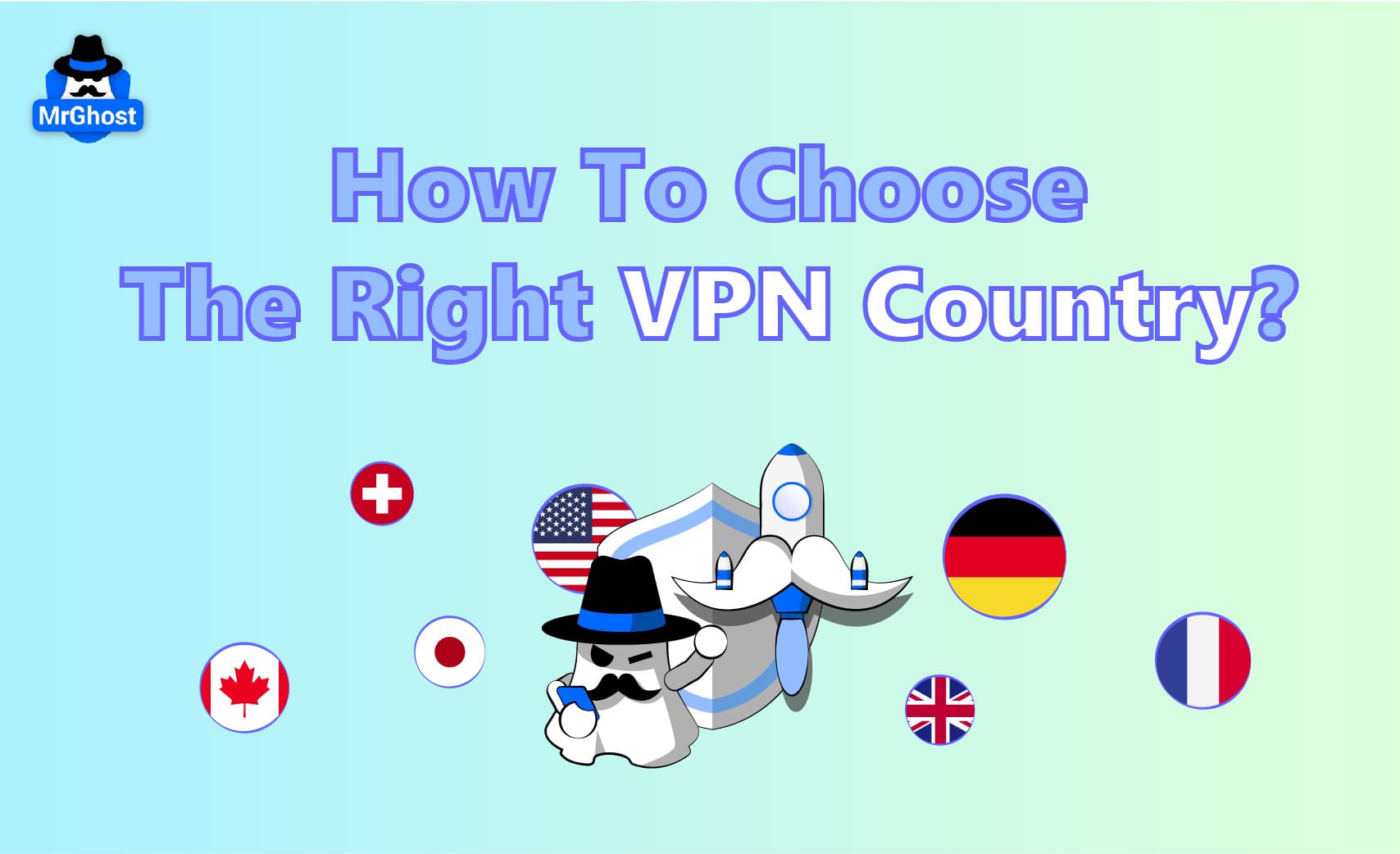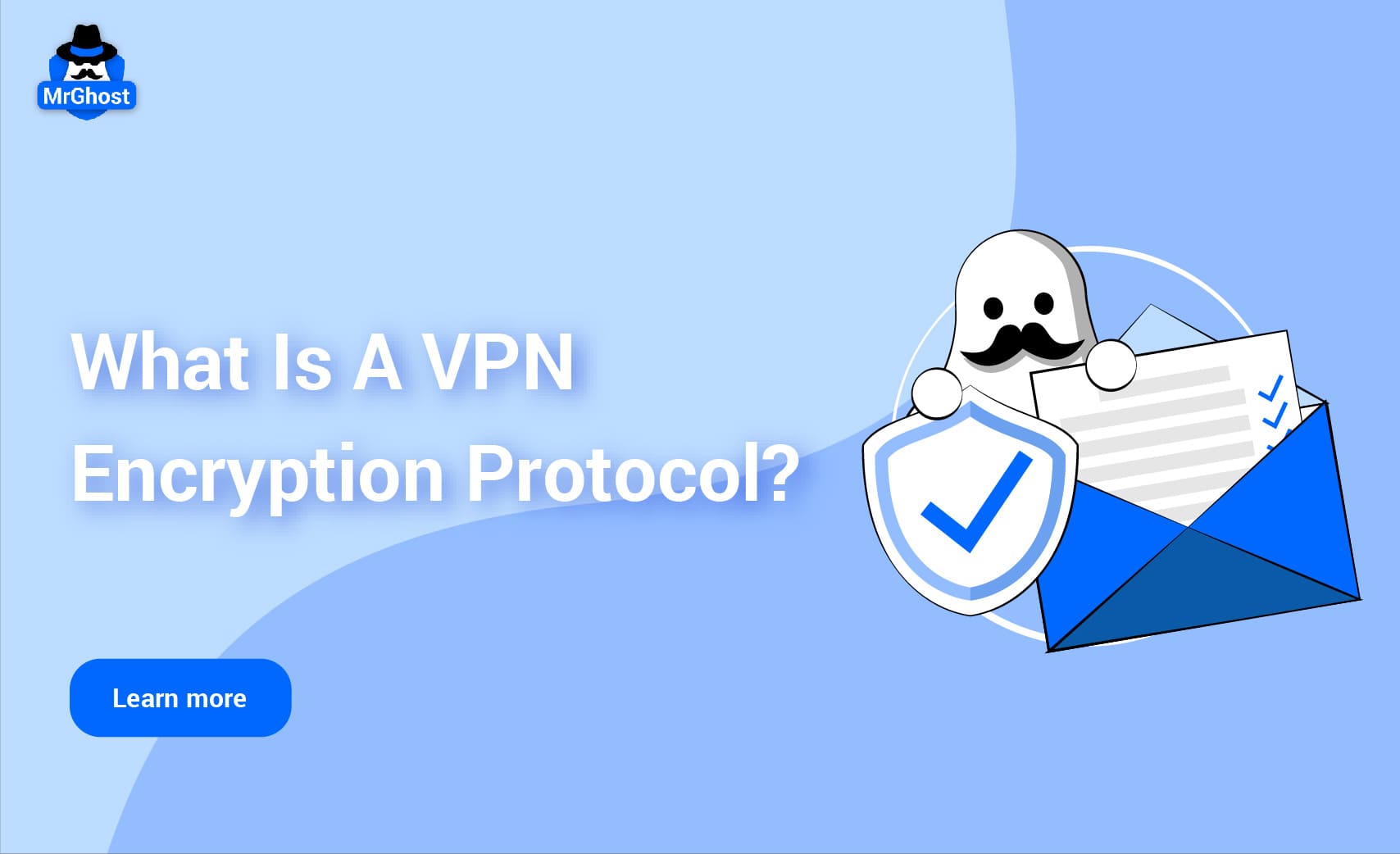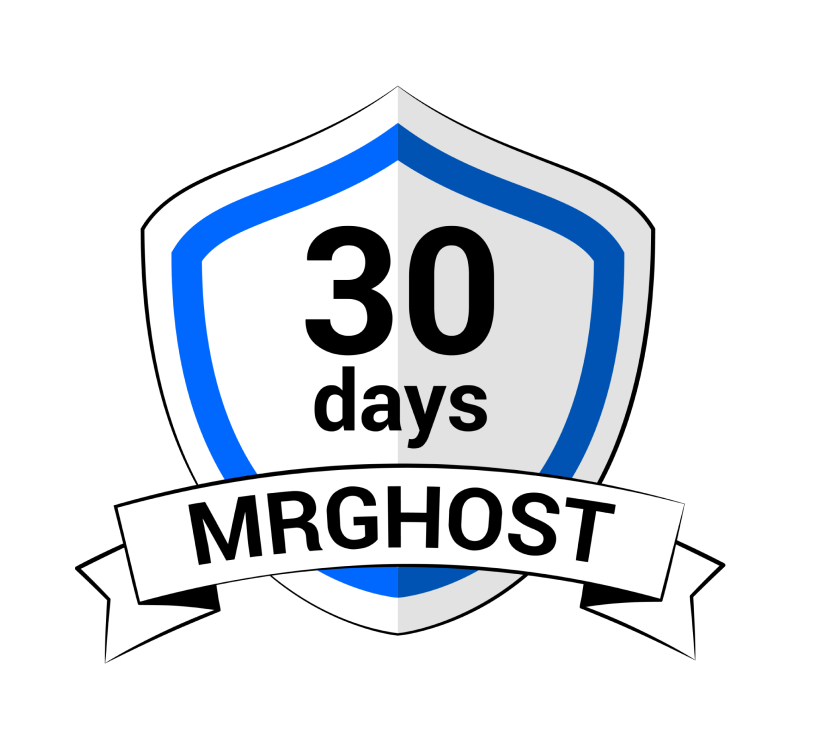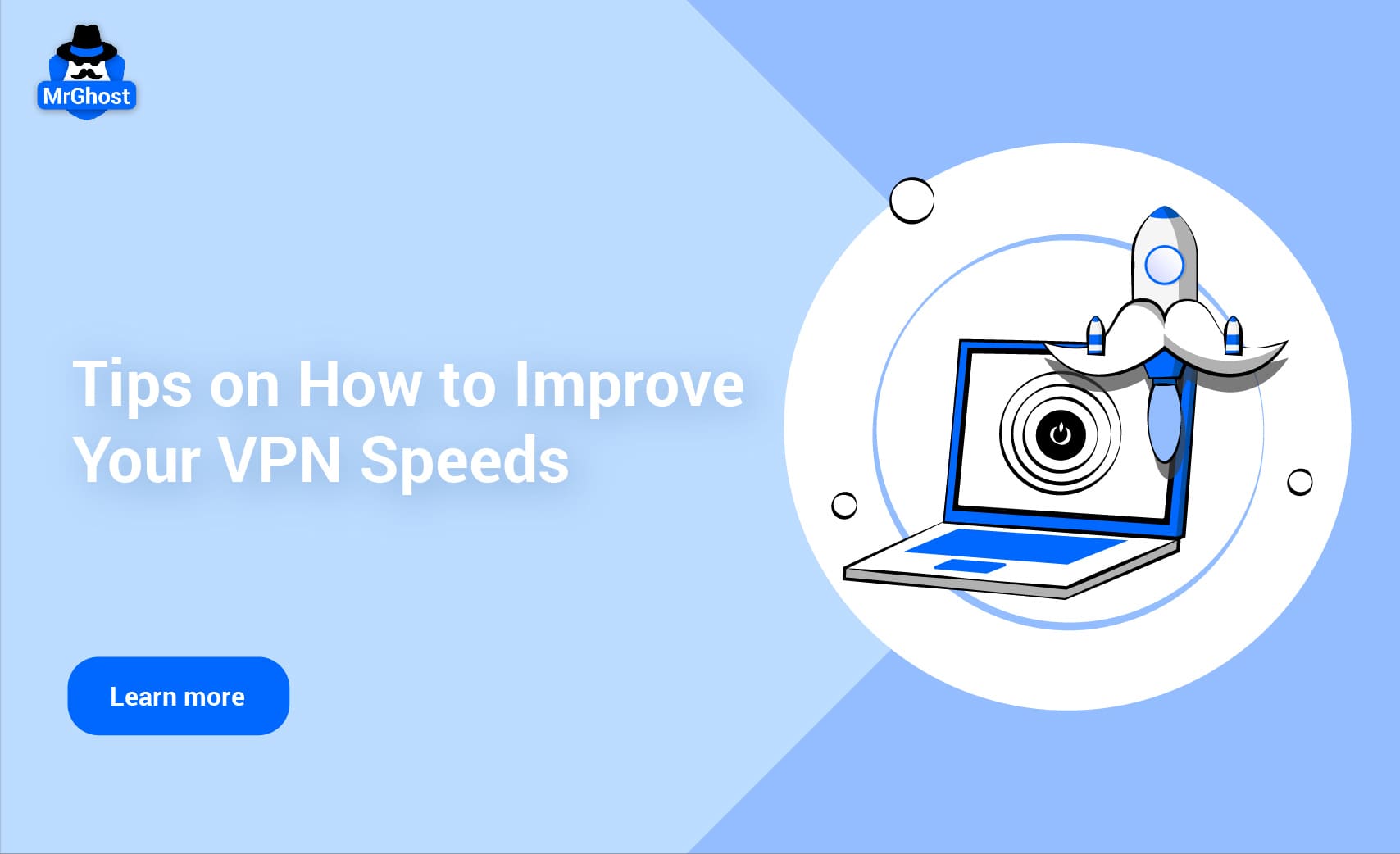
Nowadays, using a Virtual Private Network (VPN) has become essential for daily life. Whether you want to access region-locked content, ensure your data is protected while using public Wi-Fi, or prevent third parties from tracking your online activity, a VPN can be a powerful tool. However, as with any technology, VPNs aren’t without their challenges.
Learn more: How Does VPN Protect Online Security and Privacy?
One of the most common issues users face when using a VPN is slower internet speeds. While VPNs work by encrypting your data and routing it through secure servers, this extra layer of security can come at the cost of reduced connection speed.
Users may experience buffering while streaming, lagging during online gaming, or extended load times when browsing. Other potential problems include difficulty finding a stable server, dropped connections, or specific applications slowing down when routed through a VPN.
Luckily, there are several ways to overcome these challenges and optimize your VPN performance. Whether you're facing slow speeds, server congestion, or difficulty choosing the right protocol, the following tips will help you get the most out of your VPN without sacrificing speed.
Tips To Improve Your VPN Speed
1. Connect to a Server Closer to Your Physical Location
The physical distance between you and the VPN server can significantly impact your connection speed. The farther away the server is, the more time it takes for your data to travel. For instance, if you're in Boston, connecting to a server in New York City or Montreal will likely be faster than connecting to one in Sydney or Tokyo.
Tips:
● Always try to connect to a VPN server near your physical location for better speeds.
● Some VPNs offer built-in speed tests or allow you to try different servers and measure the performance using tools like Ookla Speedtest.
2. Choose a Server That Isn’t Overloaded
VPN servers can become congested when too many users are connected to the same one, which can slow down your connection. Some VPN providers display the server load so you can choose a less crowded server.
Tips:
● If your VPN provider shows server load, select one with a lower user load to increase speed.
● If not, experiment by connecting to different servers in the same region to find the fastest option.
3. Switch to a Faster VPN Protocol
A VPN protocol defines how data is encrypted and sent between your device and the server. Some protocols are faster than others. For example, OpenVPN is secure but can be slower, while newer protocols like WireGuard, NordLynx (NordVPN), or Lightway (ExpressVPN) offer better speeds without sacrificing too much security.
Tips:
● If speed is a priority, switch to a faster protocol like WireGuard or IKEv2/IPSec.
● If using OpenVPN, try switching from TCP (more stable but slower) to UDP (faster but less reliable).
4. Enable Split Tunneling
Split tunneling allows you to route only specific traffic through the VPN while the rest uses your regular connection. This can help you maintain fast speeds for activities like gaming or streaming while securing only the data that requires protection.
Tip:
● If your VPN supports split tunneling, enable it to send non-essential traffic outside the VPN tunnel. This reduces the load on the VPN connection.
5. Use a Wired Connection
Wi-Fi can slow down your connection due to interference and the number of devices using the network. Switching to a wired Ethernet connection often improves stability and speed.
Tip:
● Connect your device directly to your router using an Ethernet cable for a more stable and faster connection, especially when using a VPN.
6. Close Unnecessary Apps Running in the Background
Background applications can consume bandwidth and resources, reducing your VPN performance. File-sharing programs, cloud storage, or even software updates may slow your connection.
Tip:
● Close any unnecessary apps or processes running in the background before connecting to the VPN.
7. Restart Your Router and Devices
Routers and devices can experience slowdowns over time, and restarting them often improves performance. A simple reboot can help free up resources and refresh your connection.
Tip:
● Restart your router and devices regularly to refresh your connection and potentially boost your VPN speed.
8. Try Different Servers
Not all servers in the same region offer the same speeds. Sometimes, just switching servers can dramatically improve your VPN performance.
Tip:
● Experiment by connecting to multiple servers in your preferred region until you find the one that provides the best speed.
Learn more: How To Choose The Right VPN Country?
Conclusion
By implementing these strategies, you can significantly enhance your VPN speed. From choosing closer and less congested servers to switching protocols and using a wired connection, each tip can make a noticeable difference. Keep experimenting with different settings and servers to find what works best for your needs.
Continue reading: Using VPN To Accelerate Your Gaming Experience
Experience MrGhost VPN Today!
Ready to take control of your online experience? Sign up for MrGhost VPN today and unlock a world of possibilities. With our commitment to user satisfaction and cutting-edge technology, you can browse, stream, and download with confidence.
Why You Should Use MrGhost VPN
MrGhost VPN stands out as the ideal choice for individuals seeking top-notch privacy, security, and performance. Here's why:
● Blazing Fast Speeds: Enjoy uninterrupted streaming, gaming, and downloads without lag.
● Ironclad Security: Advanced encryption and a strict no-logs policy protect your data.
● Global Server Network: Access content from around the world with our extensive server network.
● User-Friendly App: Easy setup and intuitive interface for hassle-free experience.
● Affordable Plans: Choose from flexible pricing options to suit your needs.
Don't compromise your online freedom. Choose MrGhost VPN and enjoy the ultimate peace of mind. Get it today!



